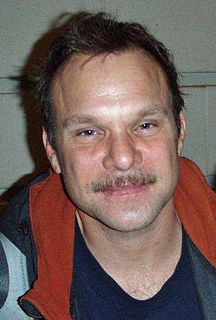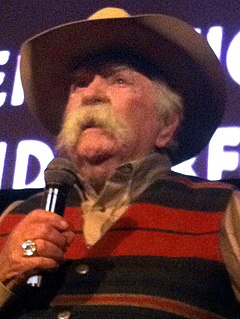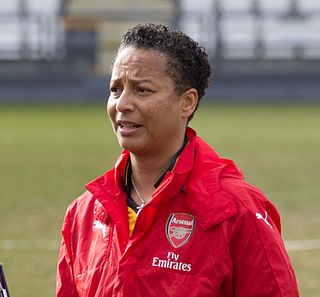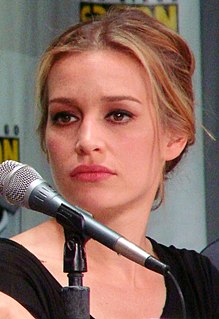A Quote by Peter Berg
I was in New York 9/11. Mark's [Wahlberg] from Boston, flew there immediately after. I was in Nice Bastille Day when the truck drove through and killed all these people. It's the new reality, unfortunately. The idea of trying to explore how we process this kind of event, how we survive emotionally, what we tell our kids: That was the movie [Patriots Day] we wanted to make.
Related Quotes
Most of my work in New York has been on new musicals. And all through the preview process, they throw you new songs, new lyrics, new choreography, new scripts; you're constantly getting new material. You might get it in the morning and put it in the show at night. It happens every single day, so those muscles are pretty toned.
How do you capture the drama of a Rembrandt painting in a movie? How do you feel that moment that they captured in two hours? I kind of fell into it and at one point, I decided I wanted to live an art life; I wanted to tell stories. I came to New York, and did what most people do - you become a PA and run and get coffee and pay your dues and learn until your opportunity comes.
We need to make growth greener, to make our economic and environmental policies more compatible and even mutually-reinforcing. This is not just a matter of new technologies or new sources of renewable, safe energy. It is about how we all behave every day of our lives, what we eat, what we drink, what we recycle, re-use, repair, how we produce and how we consume
In the previous days and times, we've been involved, not exclusively, but largely, in the process of individual survival: How do I get through the day, how do I get through the week, how do I get through the month? In the 21st century, we're learning that we can no longer concentrate on individual survival strategies, that unless we begin to coalesce those strategies and learn how we can survive collectively, that no individual is going to survive in the long run.




































